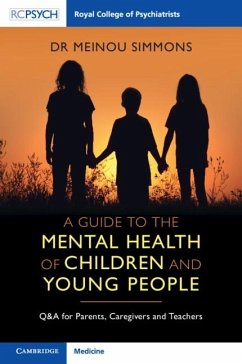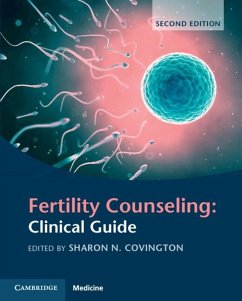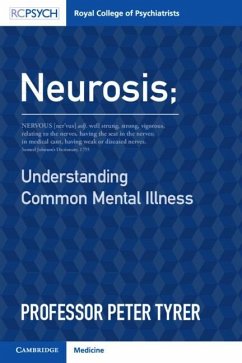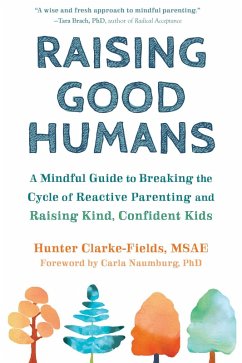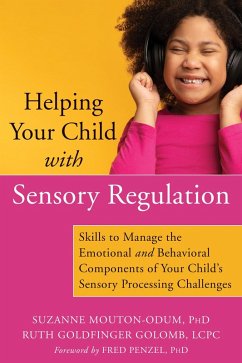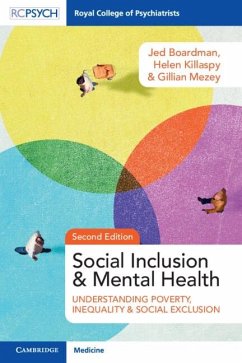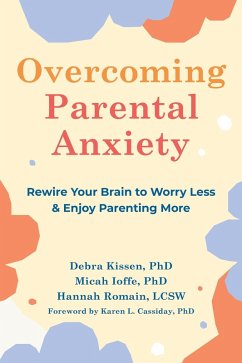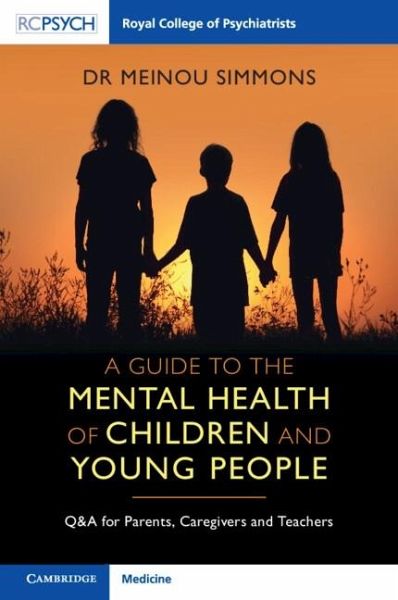
Guide to the Mental Health of Children and Young People (eBook, PDF)
Q&A for Parents, Caregivers and Teachers
Versandkostenfrei!
Sofort per Download lieferbar
18,95 €
inkl. MwSt.
Weitere Ausgaben:

PAYBACK Punkte
9 °P sammeln!
Supporting the mental health and well-being of children and young people is a top priority for parents, caregivers and teachers, but it can be tricky to find reliable and evidence-based information. Written by an experienced child and adolescent psychiatrist, in a user-friendly question and answer format, this book outlines the mental health challenges facing our children and young people and offers practical advice on how to best support them. The book covers a wide range of topics, including how biological factors and lifestyle factors affect mental health, parenting strategies, managing sch...
Supporting the mental health and well-being of children and young people is a top priority for parents, caregivers and teachers, but it can be tricky to find reliable and evidence-based information. Written by an experienced child and adolescent psychiatrist, in a user-friendly question and answer format, this book outlines the mental health challenges facing our children and young people and offers practical advice on how to best support them. The book covers a wide range of topics, including how biological factors and lifestyle factors affect mental health, parenting strategies, managing school, building networks of support, and connecting with children and young people. It gives a broad overview of the most common mental health difficulties and disorders, and considers how they can be managed. A must read for anyone looking to understand what a child or young person may be experiencing and why, and the practical ways in which to effectively support them.
Dieser Download kann aus rechtlichen Gründen nur mit Rechnungsadresse in A, B, BG, CY, CZ, D, DK, EW, E, FIN, F, GR, HR, H, IRL, I, LT, L, LR, M, NL, PL, P, R, S, SLO, SK ausgeliefert werden.




